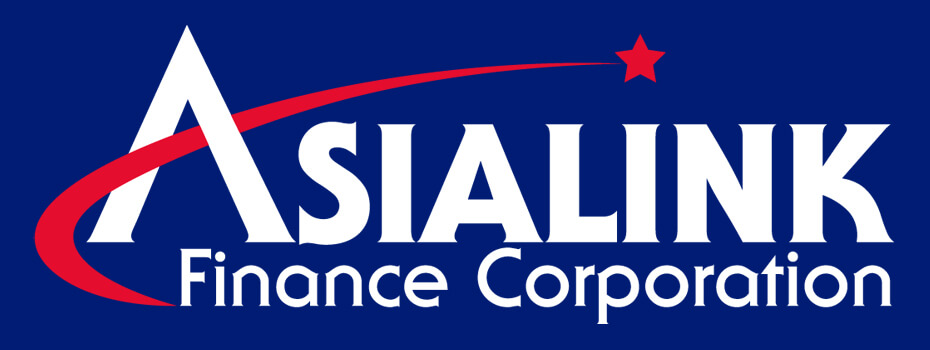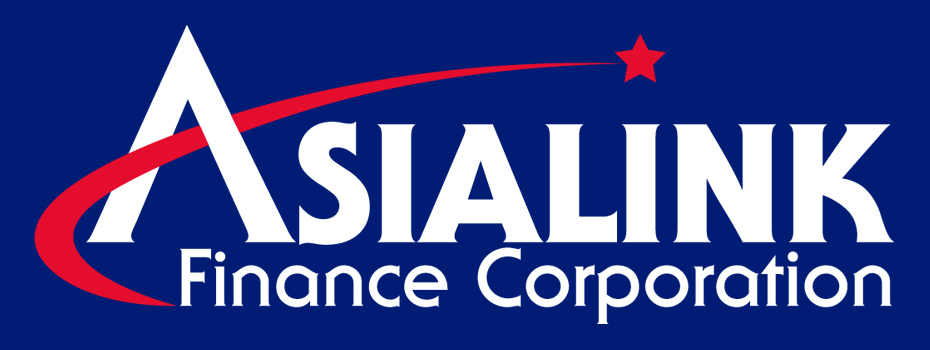Getting loans can help you cover unforeseen expenses in life. While there are a lot of reputable lenders to assist you with the loan, there are also scammers looking to take advantage of the situation. With many enticing loan offers today, there is a tendency to overlook these scammers who prey on people looking for financial assistance.
According to Debt.org, a loan scam is “a loan that’s offered under false pretenses.” Scammers often hook their targets by making big, too-good-to-be-true promises they cannot fulfill or by hiding the cost of the loan. This includes personal loans, too.
Scammers would also use fake company logos, fake caller ID numbers, and many more tricks to impersonate legitimate organizations and gain the trust of their victims. Learn some notable red flags that indicate a loan scam through the list below.
7 Warning Signs of a Loan Scam
Equip yourself with knowledge of loan offers and scams and watch out for these seven red flags.
1. Guaranteed loan approval
A legitimate lender will never guarantee approval without checking all the requirements first. They will have to look at your credit, check your history of paying bills (if you pay on time and in full), and thoroughly make sure you can repay the loan you are applying for.
Scammers do not care whether you pay your bills on time or have good credit. They seek people who are likely to fall behind on loan payments and/or incur late fees and penalties. Avoid lenders that usually say the following:
“Everyone is approved!”
“Bad credit or no credit? No problem.”
“Guaranteed approval!”
2. Payment upfront
Legitimate lenders do not ask you to pay for anything until your loan has not been approved, and they do not require money upfront to receive your loan proceeds. You should accept the loan through a wire transfer, direct deposit, or a check that you can deposit into your checking account.

Do not fall for offers that require prepaid debit cards, gift cards, or banking information to pay as “insurance” or “collateral loan.” This is a scam. Yes, they may charge an application, appraisal, or credit report fee, but these charges will be deducted from your loan once approved.
3. No credit check
Many legitimate lenders will always review the borrower’s credit report and credit score before approving a loan application. As mentioned in the first item, scammers tend to target people with bad credit or debt problems and attract them by providing loans that financial institutions do not offer.
4. The lender doesn’t disclose fees
Scammers do not explicitly lay down the fees on their websites or disclose them when someone asks. Sometimes they say that you have been approved for a loan and then ask for payment upfront. While it’s okay not to disclose the fees in publicity materials, legitimate lenders disclose them during the application process or before you sign.
Hidden fees charged after loan approval are also a red flag. Avoid companies that do this practice together with upfront payment.
5. The lender pressures you to act immediately
Do you feel rushed? Loan scams always pressure you with an immediate deadline to sign for a loan because their offer can be given to someone else within the day. Other scammers would say that your driver’s license might get revoked or a lawsuit will be filed; basically, anything that comes with a grave consequence if you do not sign immediately.

Be wary of these tactics since they may be a ploy to get you to make a rash decision without thinking it through. Always do your research when deciding to take a loan, and do not be afraid to ask questions and decide at your own pace.
6. The lender calls, writes, or knocks
Loan offers should not be made by phone, mail, or door-to-door. Legitimate lenders never ask you to pay before they deliver. Some scammers are brave enough to steal consumers’ real names or swap out the name and number on a caller ID to make it seem like they are the real deal.
Protect yourself from these scams by ignoring solicitations made outside the website. Call the lender’s customer service hotline and check if they make outside calls, mail, or door-to-door transactions. If they do not have any record of reaching out to you, that is your sign that you encountered a scammer.
7. The lender has no physical address
Legitimate lenders also provide their physical location in case you want to visit and inquire face to face. A quick Google Maps search should do the trick. Some businesses that run loan scams would list locations that are vacant slots, so be aware of this too. They want to remain untraceable so they can avoid legal consequences.
Remain Vigilant at All Times
With the many types of loan scams, it’s important to equip yourself with knowledge of the different loan offers (collateral loan, auto loan, 2nd hand car loan, personal loan, and more), their processes, and the authorities involved in the loans.
If you suspect you have been exposed to a loan scam, report it to authorities so that others will be aware and don’t fall victim to the same tactics. It’s best to only transact with reputable financing company like Asialink Finance if you want to apply for a safe and secure loan.
With a wide array of convenient and accessible loans partnered with competitive interest rates, Asialink Finance is one of the leading finance companies in the Philippines that consistently delivers quality financial service to Filipinos for a chance at a better life.






